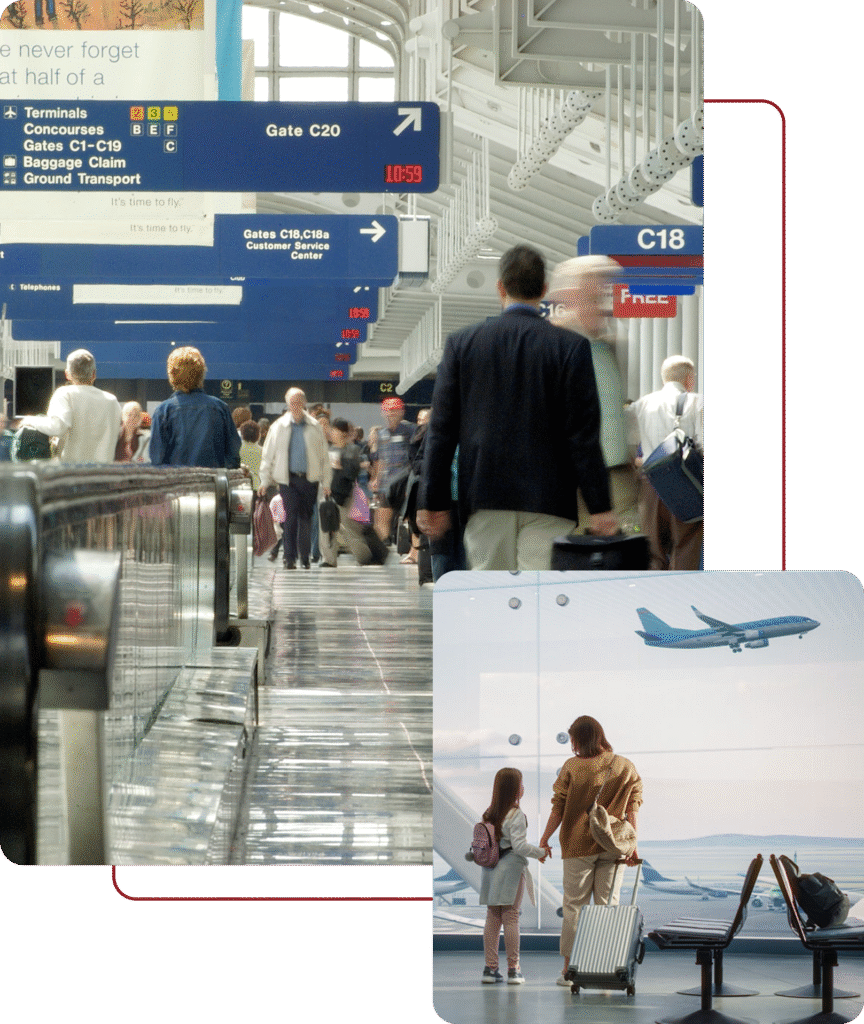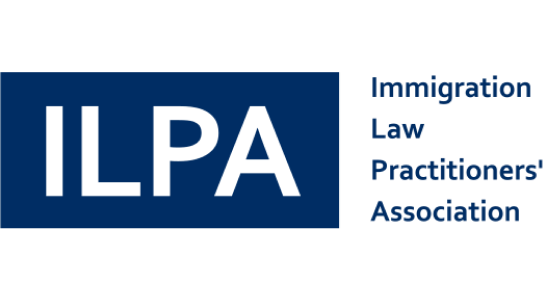35+
Countries
are being served
Helping you secure visas, settlement, asylum, and citizenship with confidence. From work and family routes to human rights protections, our dedicated team provides trusted guidance and full support every step of the way.
Helping you secure visas, settlement, asylum, and citizenship with confidence. From work and family routes to human rights protections, our dedicated team provides trusted guidance and full support every step of the way.Helping You Secure Your Visa & Citizenship with Confidence

At Lawsentis, we simplify your global immigration journey with expert visa support and personalized guidance, boasting a proven track record of success in UK visa applications and EU visa applications. We specialize in a wide range of categories, including UK visas, EU visas, Business visas, work visas, student visas, and even digital nomad visas. Beyond initial visa applications, our comprehensive relocation services and support for citizenship applications ensure a smooth transition to your new life abroad.
Build and grow your innovative business in the UK with a clear path to settlement.
Read MoreTailored, Home Office–compliant business plans to support visa applications and UK market entry.
Read MoreFor leaders and promising talent in IT, arts, and research, offering flexible work and a fast track to settlement.
Read MoreEnable your UK business to hire skilled workers from abroad with a Home Office–approved licence.
Read MoreClaiming asylum in the UK is a vital step for individuals and families
Read MoreJoin your partner, children, or parents in the UK with a clear route to settlement.
Read MoreSecure permanent residency in the UK with ILR, providing stability, full work rights, and a clear path to citizenship.
Read MoreFor EU, EEA, and Swiss citizens to secure their right to live, work, and remain in the UK after Brexit.
Read More
Countries
are being served
Successful
cases
Years of
professional experience

Director, Immigration Adviser

Business Development and Immigration Specialist

Head of Accounting and Finance Department

Accountant, Payroll, and VAT Specialist
Trustindex verifies that the original source of the review is Google. Обращался в BS Immigration для получения CoS в Великобритании. От души благодарю за безупречную работу! С первого дня всё было чётко и понятно: подробно объяснили каждый шаг, помогли собрать документы, всегда были на связи и отвечали на любые вопросы. Чувствовалась полная вовлечённость и желание довести дело до идеального результата. Весь процесс прошёл без задержек и лишних переживаний — CoS был получен в короткие сроки. Профессионализм, внимание к деталям и забота о клиенте здесь на высшем уровне. Рекомендую BS Immigration всем, кто хочет надёжно и без лишних рисков решить свой иммиграционный вопрос. Спасибо ещё раз за вашу работу и поддержку!Posted onTrustindex verifies that the original source of the review is Google. Хочу щиро подякувати хорошому професіоналу за допомогу з оформленням візи!!! Швидко, якісно!!! Супер!!! Чудова команда, розумний та відповідальний керівник!!! Дякую!Posted onTrustindex verifies that the original source of the review is Google. Нашим куратором была Ирина. Всегда была на связи. Спасибо за Вашу помощь! Удачи ВамPosted onTrustindex verifies that the original source of the review is Google. Хочу поблагодарить Гюльдер и её команду за качественную иммиграционную консультацию при переезде в Великобританию! Мне помогли разобраться в разнице между визами Skilled Worker и Global Talent, обсудили, что мне подходит больше, и как можно действовать дальше. Всё было по делу, понятно и с учётом моей ситуации. Было ощущение, что реально хотят помочь, а не просто «отработать». Спасибо большое за внимательность и поддержку!Posted onTrustindex verifies that the original source of the review is Google. Я обратился за иммиграционными услугами, чтобы получить спонсорскую лицензию для моей компании в Великобритании. Команда сработала профессионально, быстро и чётко. Все этапы — от подачи заявки до получения лицензии — прошли под полным контролем. Благодаря им мы теперь можем нанимать иностранных специалистов, что расширяет наши возможности по развитию бизнеса. Рекомендую!Posted onTrustindex verifies that the original source of the review is Google. Очень довольна сервисом! Сделали апостиль на Английское свидетельство о рождении . Очень рекомендую!Posted onTrustindex verifies that the original source of the review is Google. Good service: I have used the company several times for ILR and more recently for applying for the UK citizenship. Responses were fast and the process was under control all the way through. I will definitely recruit the company for my son’s dependant visa.Posted onTrustindex verifies that the original source of the review is Google. Хорошая компания, хочу выразит благодарность, советую всем, помогли получит разрешение на работу, спасибоPosted onTrustindex verifies that the original source of the review is Google. Хочу выразить благодарность за профессионализм и внимательное отношение! Во всем грамотно разобрались в моей ситуации, подробно объяснили все нюансы и оперативно помогли. Работа выполнена четко. Остался доволен результатом и смело рекомендую!Posted on
LawsSentis is fully accredited and recognised by top immigration and legal organisations, ensuring trusted immigration advice and compliance with data protection and financial standards. Our certifications demonstrate our expertise as a reliable immigration consultancy dedicated to professional, ethical service.







Stay updated with expert insights, immigration news, and navigate your immigration journey with confidence and knowledge.


Introduction to UK sponsor licence renewal A UK sponsor licence is the...
Read More

Introduction to the 2026 family visa landscape The UK family visa extension...
Read More

Introduction: Why are Spain visa applications being denied in 2026 Spain remains...
Read MoreExpert guidance on visas, settlement, citizenship, and asylum — just a message away.